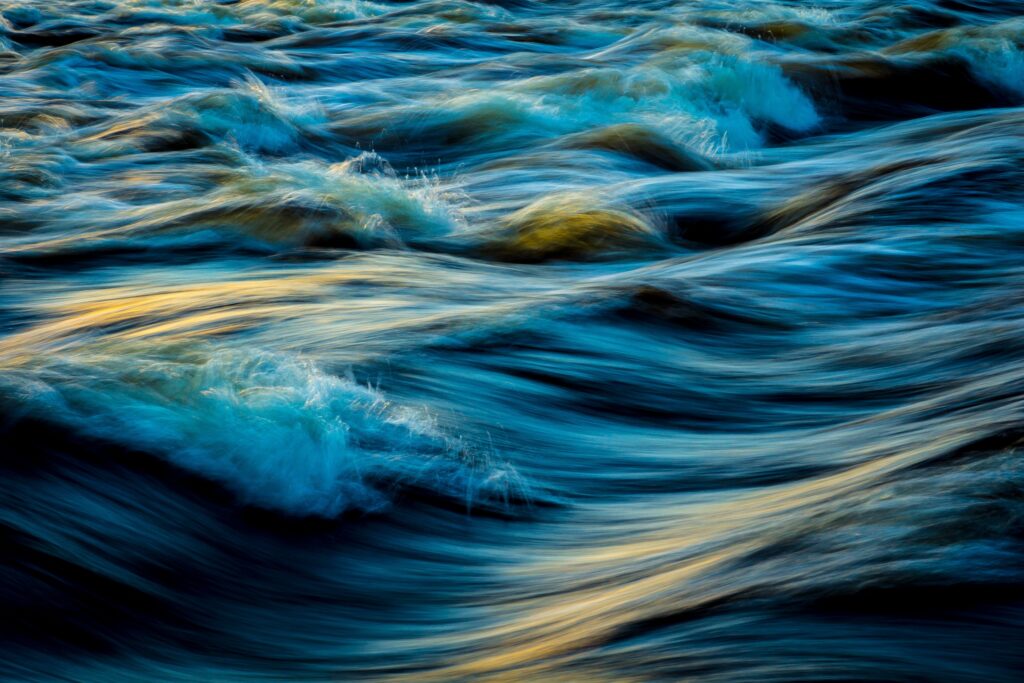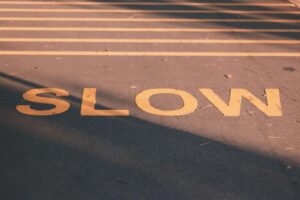The Idea of the Week
What is “flow,” and what does it mean to be in the “flow state”? Flow (a 5-minute article) is a cognitive state in which you are so immersed in and focused on an activity that everything around you seems to blur out.
One key aspect about the flow state is understanding that the flow state is a state—not an action. Therefore, you cannot actually do the state of mind, and you cannot make yourself enter the flow state; the flow state happens to you.
Dr. K uses the analogy of sleeping. Sleeping is a state of reduced mental and physical activity in which your consciousness and senses are altered. You cannot make yourself fall asleep. In fact, there are days where you can try your best to go to sleep, but sleep evades you. You can, however, facilitate your entering the state of sleeping by doing your nightly routine, getting into bed, and lying down without distractions. Eventually, you fall asleep, or rather, the state of sleep happens to you.
It’s similar to entering a flow state.
The Practice of the Week
So how can we enter the flow state if, technically, we cannot make ourselves enter a flow state? Well, we can still do things that facilitate our entering the flow state, like we would have a nightly routine to go to bed. Dr. K outlines three ingredients to facilitate entering a flow state (18-minute video):
- Eustress: To enter a state of eustress, we need a healthy amount of stress. If a task is too easy, it will induce boredom; but if a task is too difficult, it will induce distress and overwhelm. Both will lead to a wandering mind.
- If you’re bored, change the frame of the task to make it more challenging.
- If you’re overwhelmed, metabolize the emotion by changing your breath—take conscious, deep breaths and your emotions will follow.
- Lack of Ego: the flow state is a dissolution of the self and the merging of you with the task at hand. Let go of your ego, or the self, and keep it separate from your task.
- Notice your thoughts of comparison. You cannot make a comparison without the sense of identity or the “I”. As long as you are comparing, you will not enter the flow state.
- Do not indulge in comparative thoughts. Instead, breathe and let the thoughts leave with your exhale.
- Sustained focus: you will not be able to enter the flow state of writing if you are out walking your dog, thus you must start the task and sustain your attention on it long enough for you to slip into a flow state. Just as you cannot go to sleep if you’re out and walking around.
- If you want to enter a flow state consistently, you need to practice sustaining attention.
- Level up your focusing skills by using meditation practices. For example, try the Fixed Point Gazing practice. The goal is to look at a particular point without blinking for as long as you can. It’s challenging enough that it can keep your mind from becoming bored and wandering.
Don’t forget to check out our Facebook and Instagram page!
News of the Week
Creative Tarot Workshop
Embark on a journey of connection and discovery in this 2-hour workshop! Immerse yourself in a sense of community, delve into the rich history of tarot, and craft a personalized tarot power card to take home—your source of ongoing inspiration, guidance through a current issue, or to expand your life exploration!
February 11, 2024
12-2pm
Cost: $55
Located at Breathing Space Psychotherapy, 3455 Erieville Road
Erieville, NY
Another Upcoming Retreat
Unlocking Your Mind:
A Journey to Self-Discovery
Ketamine Assisted Psychotherapy Retreat
Two Ketamine Journeys—lots of deep dives into experiential therapy incorporating meditation, writing, art making, yoga, and other body-centered modalities. Step away from the stressors of daily life and fully immerse yourself in the therapeutic process. We will use Ketamine and experiential therapy to break through the stuck places to find more freedom, pace, and motivation!
Zoom Preparation Session: Thursday, January 25th from 6-8 pm.
In-person: Thursday, February 1st from 4-9 pm.
In-person: Friday, February 2nd from 8:30 am-8 pm.
In-person: Saturday, February 3rd from 9 am-5 pm.
In-person: Sunday, February 4th from 8am to 9am.
Zoom Integration Session: Thursday, February 8th from 6-8 pm.
You may be able to finance the retreat. Use the QR Code below to see if you prequalify!
Understanding Ketamine Therapy in
Light of Matthew Perry’s Passing
A Focus on Safe Practices at
Breathing Space Psychotherapy
Ketamine, an anesthetic used in hospitals and in psychotherapy to treat serious depression, has been tied to the tragic death of the beloved actor, Matthew Perry. In light of the recent news, there may be confusion around the safety of ketamine in psychotherapy.
Head to our blog to learn more about Ketamine Therapy and our safety practices at Breathing Space Psychotherapy.
The Thought of the Week
Wishing you a peaceful week!








